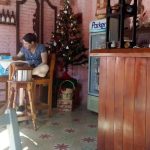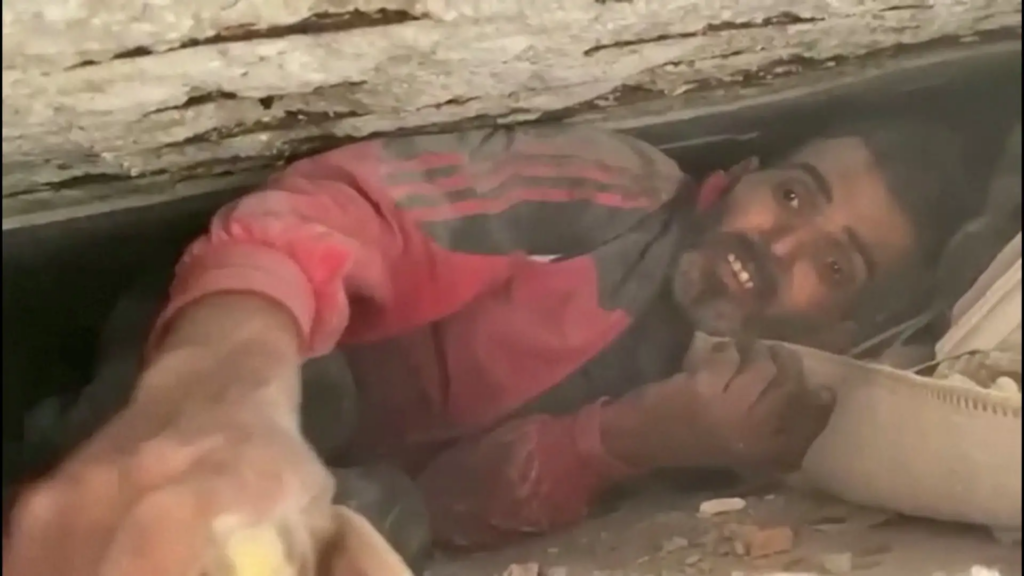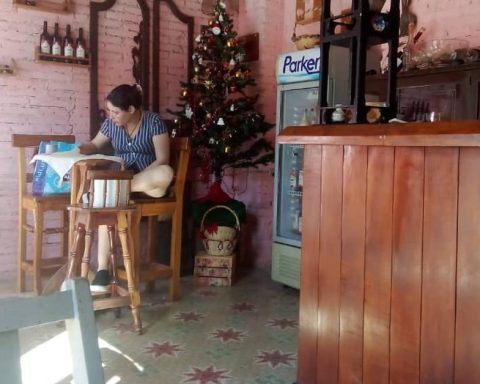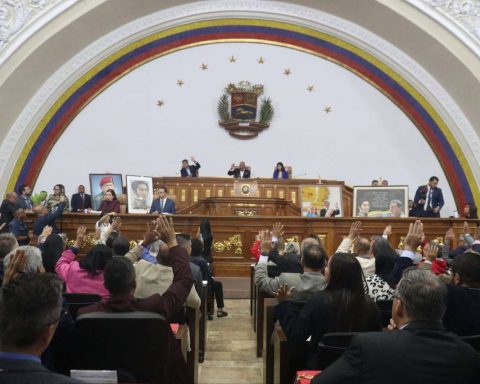The National Development Plan, presented by the government, includes among its articles extraordinary powers for the president Gustavo Petro on several fronts. The initiative proposes that the president can modify programs such as Families and Youth in Action, and intervene and create entities to regulate alternative uses of the coca plant, cannabis for medicinal purposes, among other aspects.
(The powers that the Development Plan would give to Petro).
Although these powers generate controversy because they somehow alter the democratic order, the truth is that almost all presidents have used this figure to carry out their development plan, according to the current needs of the country and the policy of each government.
“Almost all the presidents have requested extraordinary powers, whether due to the pandemic, the conflict, the peace agreement or for different reasons, to create ministries and administrative entities or to make institutional changes in order to be able to comply with their plans of development”, Indian Carlos Alberto Garzónteacher and general secretary of the Human Development and Capability Association, in dialogue with Portafolio.
(Extraordinary powers that are contemplated in the Development Plan).
According to the expert “Extraordinary powers break somewhat the democratic cycle as we conceive it in Colombia, where all projects have to go through Congress and through a procedure that precisely guarantees democracy.”
However, he adds, that this instrument does not grant absolute powers, since there are verifiable and punishable controls and that they are welcome if their fundamental purpose is to meet the objectives of the development plan, as other administrations have proposed.
(National Development Plan: what the project proposes for the country).
If the powers described in the plan are approved, President Petro could directly create, split, merge, delete, integrate or modify the legal nature of entities of the Executive Branch; as well as modify its objectives, functions, organic structure and legal regime.
BRIEFCASE


















